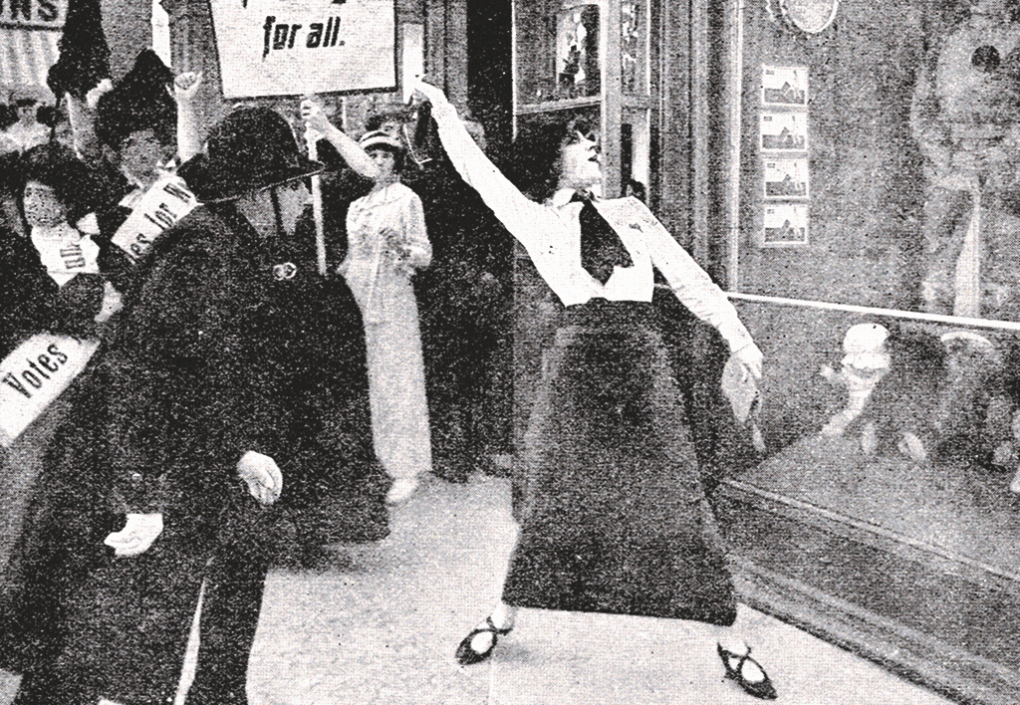
One of the most important chapters in Danish film history will now become available thanks to a donation of DKK 30 million from the A.P. Møller Foundation, the Aage and Johanne Louis-Hansen Foundation and the Augustinus Foundation.
From around 1910, the Danish film industry was a world leader, both commercially and artistically, with Nordisk Films Kompagni (now Nordisk Film) at the forefront. Stars like Asta Nielsen, Valdemar Psilander and Fy & Bi were famous way beyond their home country, and Denmark’s greatest film director, Carl Th. Dreyer, was prolific during this period as well. When sound films gained ground in the early 1930s, production companies scrapped their inventories of silent films. Only an estimated 20% of the Danish silent film production exists today.
In the coming years, the Danish Film Institute will digitise, study and disseminate Denmark’s entire silent film heritage, consisting of some 415 titles with a combined running time of around 350 hours. The films range wide and far, from prestige productions with international appeal to run-of-the-mill farces and test films, illustrating the technical evolution from silent to sound, colour to black and white, and so on.

Studying and disseminating the film heritage
The project is the biggest film-dissemination effort ever in Denmark and follows four years of work mapping the collections. The many films and supplementary materials will now be made freely available to curious viewers and institutions of learning around the world, where Danish silents are already part of the curriculum for students of film history.
The masterpieces in the collections are being restored and scanned for theatrical screening, and an online universe is being created featuring all the films, accompanied by dissemination and research articles. Along the way, the Film Institute will share knowledge about the restoration and digitisation efforts.

A three-year Danish-German research project affiliated with the digitisation effort will map the cross-border traffic of ideas and people between two leading nations of the silent film era, Denmark and Germany. The project is carried out in partnership with the University of Copenhagen and the University of Cologne. The research team comprises five senior researchers, a Ph.D. fellow and a research assistant.
Jakob Buhl Vestergaard, Deputy Managing Director of the Danish Film Institute, says
"It is with great gratitude to the contributing foundations, and tremendous anticipation, that we are launching this comprehensive project. The archives contain at least 50 titles that have not been shown since they were first released more than a century ago. Among them, we might find forgotten masterpieces that could change our understanding of Danish silent film history. In any event, we have now been given a unique opportunity to learn about our shared past, as told in motion pictures. This is what film can do."
